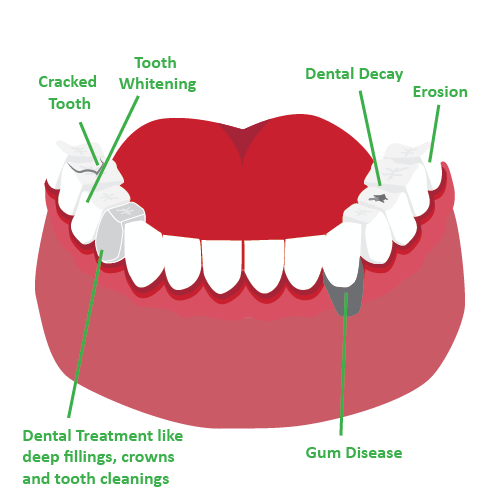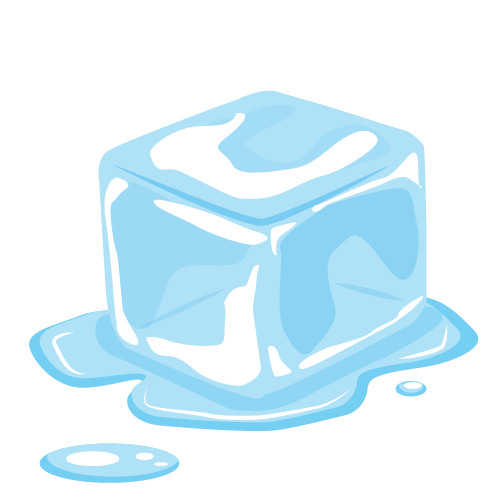
With the weather becoming colder, many of us find comfort in hot drinks and warm meals. These temperature extremes can sometimes have an effect on our teeth.
If you suffer from tooth sensitivity, eating or drinking things that are very hot or very cold can cause discomfort and even pain.
In healthy teeth, a strong layer of enamel protects the crowns of your teeth. Under the gum line, a layer called cementum protects the tooth root. Underneath both the enamel and the cementum is dentin. Dentin is less dense than enamel and cementum, and it contains microscopic tubules (small hollow tubes or canals). When dentin loses its protective covering of enamel or cementum, these tubules allow heat, cold or acidic foods to reach the nerves and cells inside. Dentin is often exposed when gums recede, resulting in hypersensitivity.

Common causes for tooth sensitivity include:
- Tooth enamel wearing away
- Cavities or tooth decay
- Excessive teeth whitening
- Gum disease or gums wearing away (exposed tooth root)
- Cracked tooth or cracked filling
- Worn fillings

Depending on the cause for your sensitivity, your dentist can work with you to relieve symptoms and find a solution. You should schedule a visit if you are having problems with sensitivity. Do not avoid dental work due to pain. If left untreated, dental conditions will most likely worsen.
Good dental health habits like brushing and flossing consistently, using a soft bristled toothbrush and not brushing too hard will help to decrease the damage to tooth enamel. A healthy diet can help keep enamel strong. Include lots of vitamin-rich fruits and veggies and dairy products with high calcium content like milk, cheese and yogurt, while cutting down on acidic options to help protect enamel.
Teeth clenching or grinding can also cause damage and pain. Sleeping with a nightguard can help with this.
There are a few products that can be used to help such as toothpaste and mouthwash for sensitive teeth, sealants, desensitizing pastes and dental work such as caps or fillings.
This information in this post is for general educational purposes only and does not warrant or represent any information as related to health as specifically appropriate for you. It is not intended to be medical advice or replace the relationship that you have with your health care providers. You should always seek medical advice on any diagnosis or treatment from a qualified health care provider. The information is provided “as is” without any representations or warranties, express or implied.






